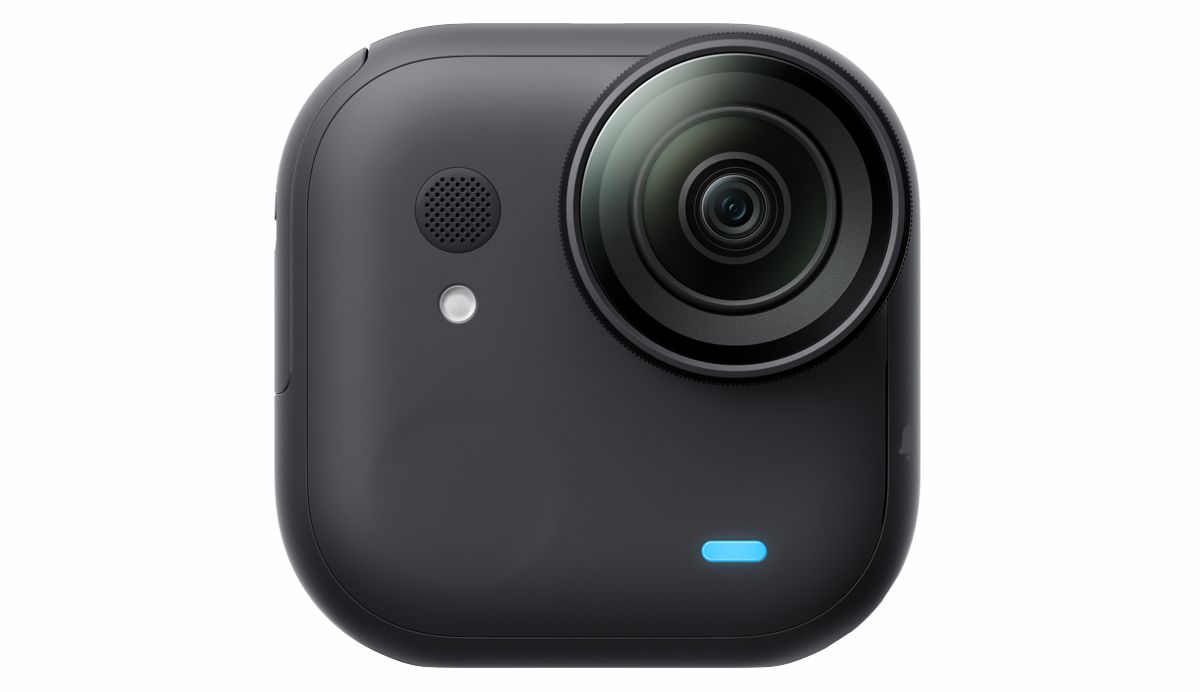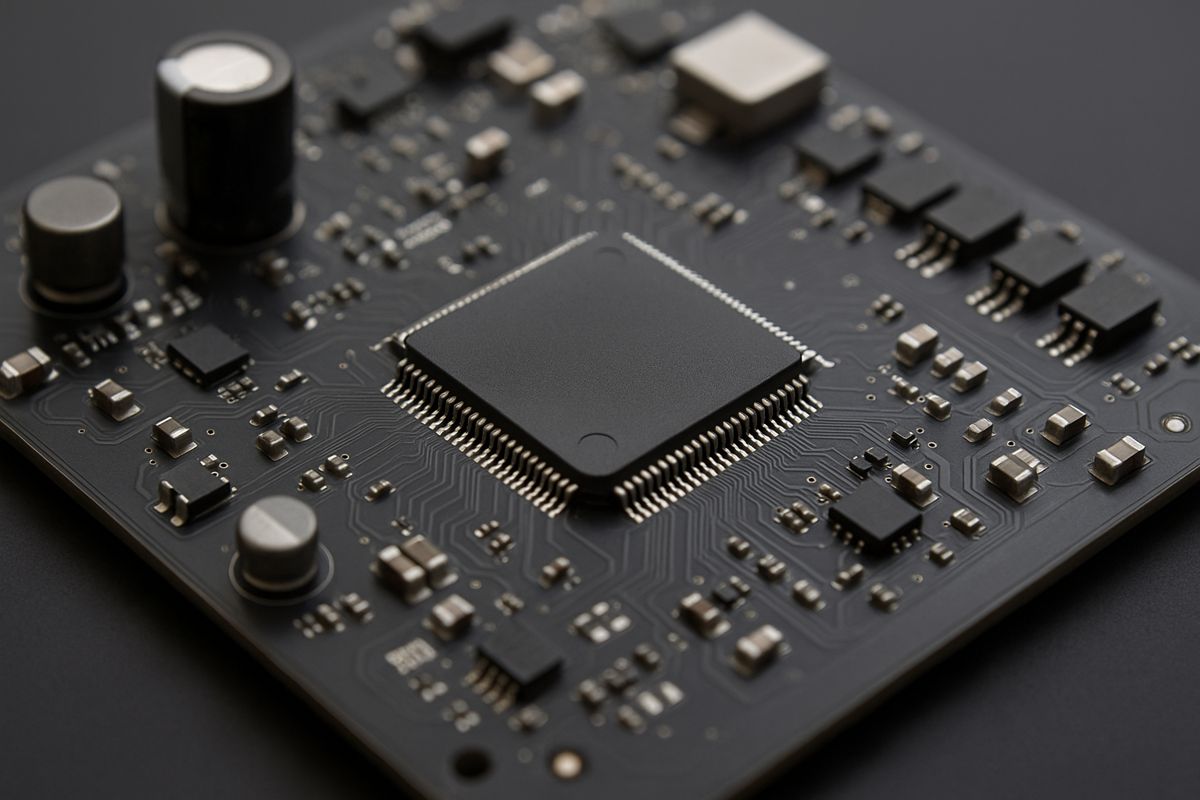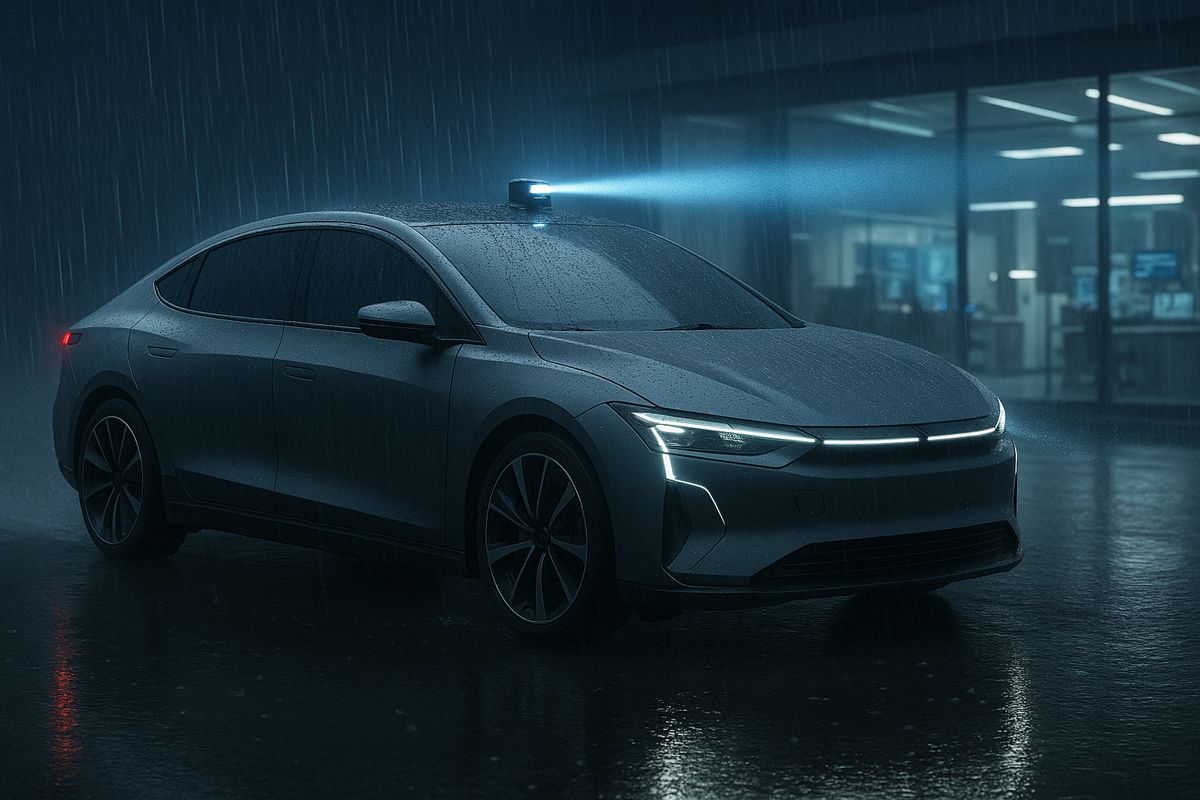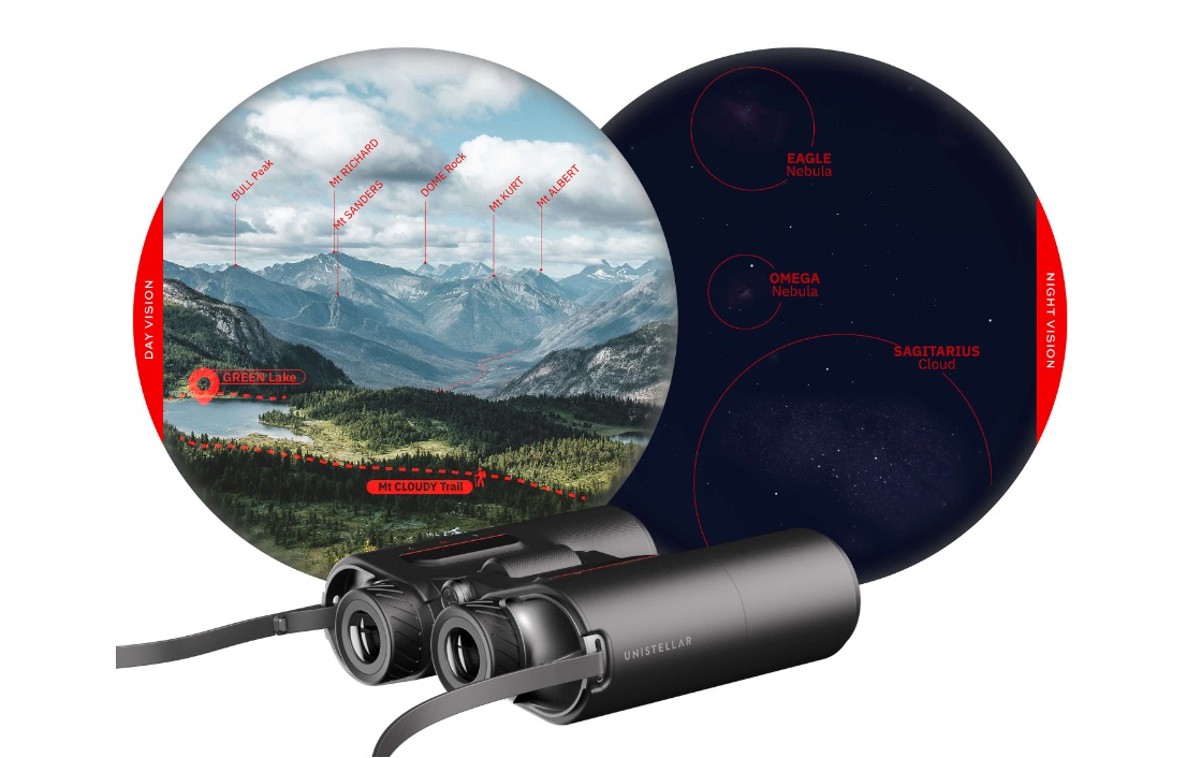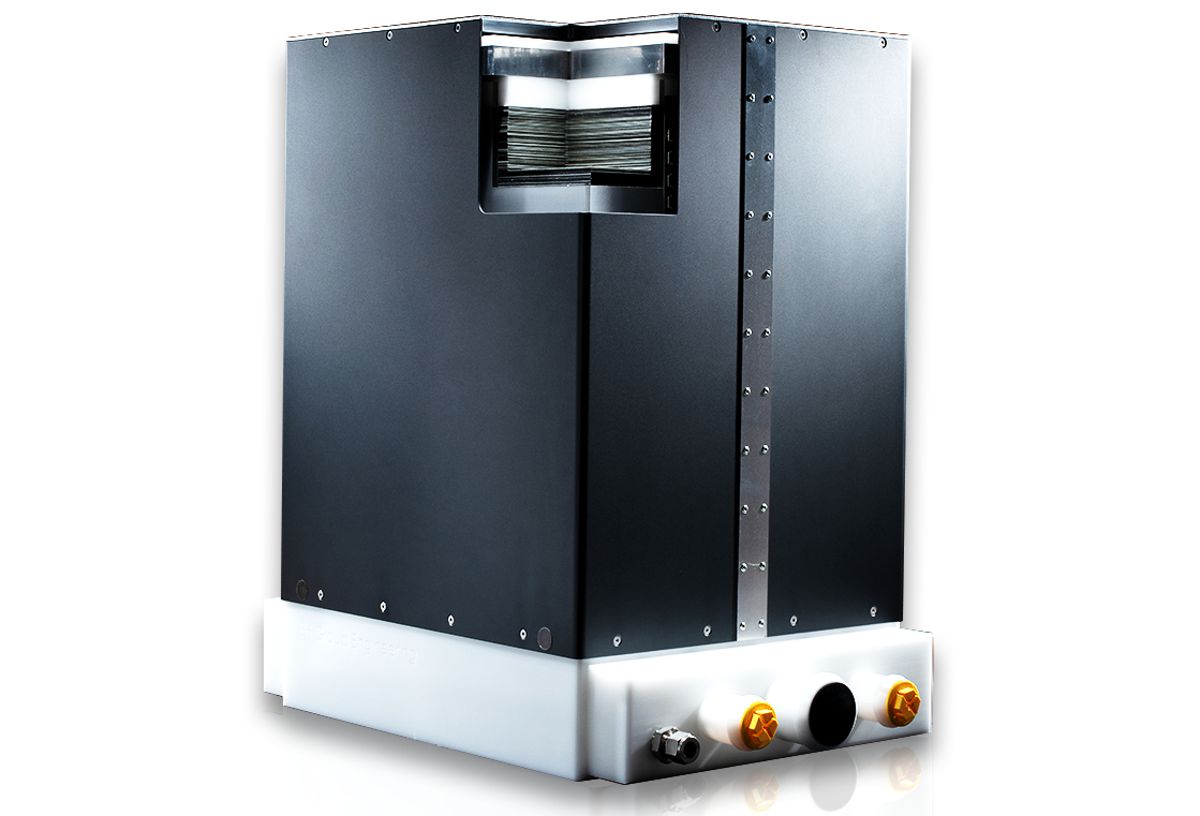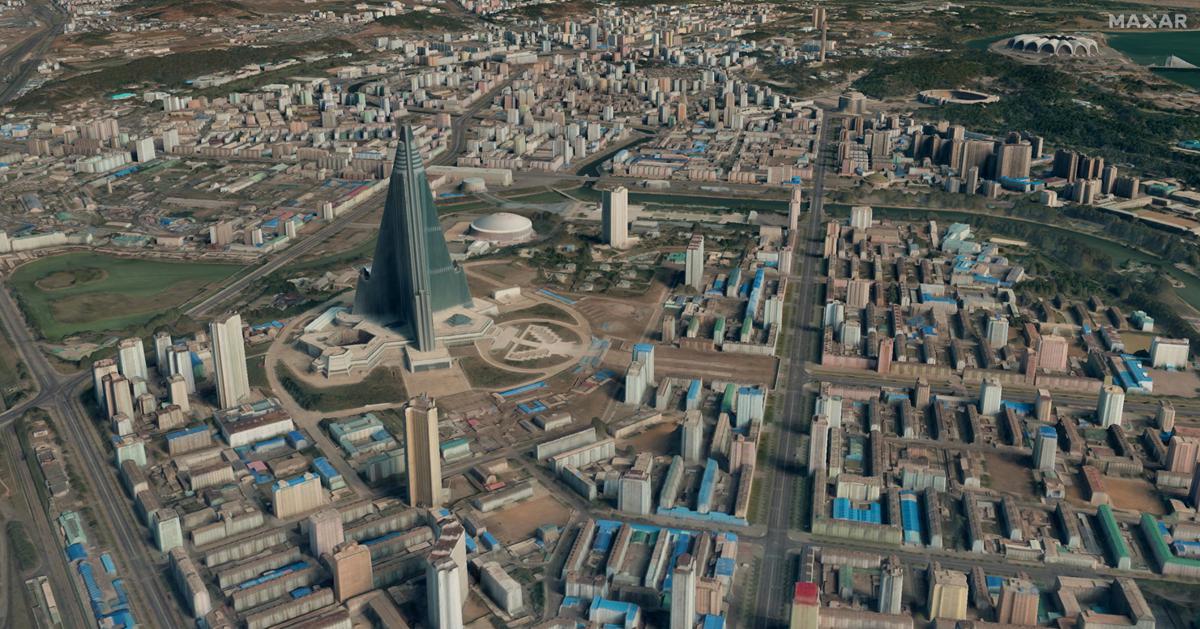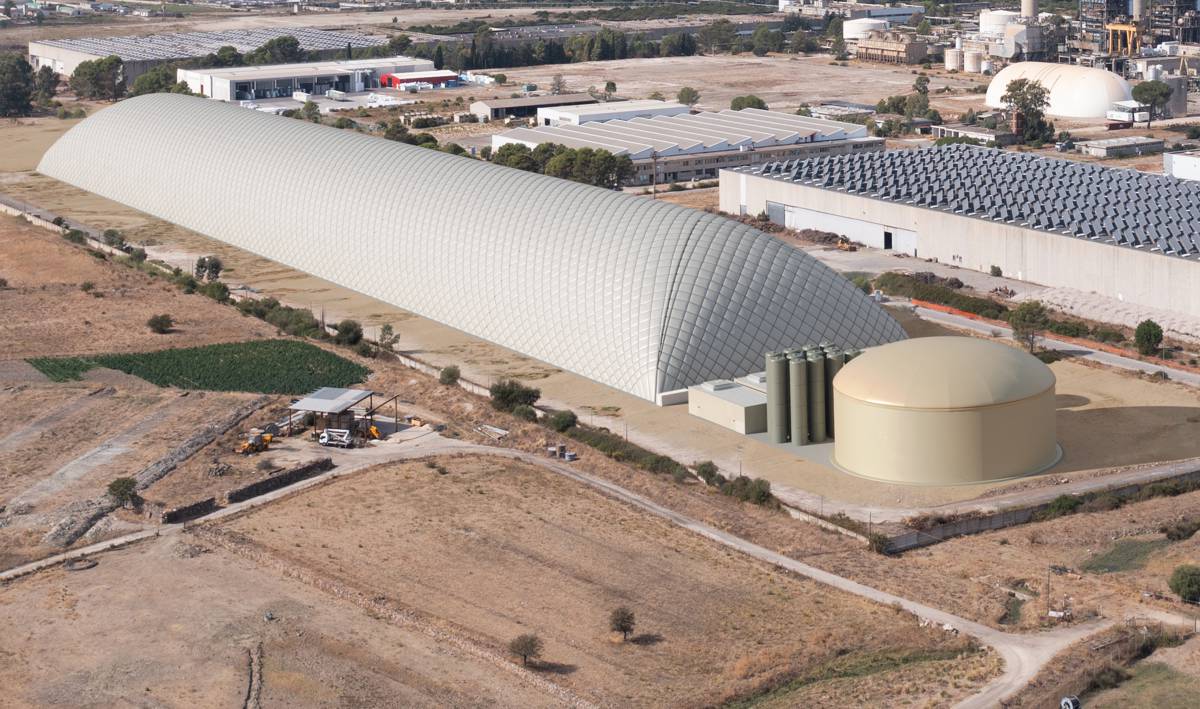Predina focusing on predicting crash risk using smart technology
London based Predina is a new company focusing on predicting and reducing the risk of crashes using smart technology.
Predina has built a smart SATNAV and risk report that learns from historical crashes and a complex mix of “contextual” variables – external factors such as road layout, weather, time of day, Bank Holidays and even the cost of fuel – to give you a forecast of where and when a crash is likely to happen, dynamically and in real time.
Currently, Predina is developing an app that will help drivers plan their journey to minimise crash “hot-spots” or to warn them as they enter higher risk areas.
Ideal for new, occasional, nervous or anxious drivers, consumer groups testing the system also see themselves using it for choosing a safe route to school, for holidays driving on the “wrong” side of the road, or for their daily commute when a choice of routes is available. Many saw the benefits of sharing journeys with loved ones and knowing where and when to be extra vigilant.
Bola Adegbulu, co-founder of Predina, says: “According to researchers, the risk on one route can increase by as much as 146% depending on weather, time of day, day of week, time of year, traffic flow and many factors. On the road towards reducing the risk of crashes, there are plenty of tech solutions focused on the vehicle and telematics based systems focused on the driver. But these external factors have remained a blind spot – until now.”
90% of road traffic crashes happen in developing countries and more than 50% of deaths are among vulnerable road users: pedestrians, cyclists, and motorcyclists.
Therefore, the company’s vision is to make this technology as accessible as possible so it can have maximum global impact in the long-term. Therefore, the company has built the technology in an accessible way so that the information can be delivered through audio alerts, integrated into SATNAV and journey planning applications, its own mobile application and even has a developer based API for developers to build services using its technology.
Predina has its sights on its system being built into vehicles and integrated working with navigation providers. Its consumer app, Waymaker, goes live this autumn.
As expected of an organisation that looks into the future, longer-term, the company’s technology can be integrated into smart systems in connected and automated vehicles to automatically slow down and warn the driver to risky areas in real time as well as identify the lowest risk route. It’s also working on a journey-planning app for cyclists – one of the most vulnerable road-user groups on UK roads.
Predina gets the thumbs-up from the UK’s Digital Catapult, and a large industrial gas transporting fleet. In early results, the project demonstrated over 80% accuracy of crash predictions, reduced crashes by over 25% and increased awareness of crash risk among test drivers by 100%. The company was also one of very few deep tech companies supported by Google through its Machine Learning for Good programme.


















